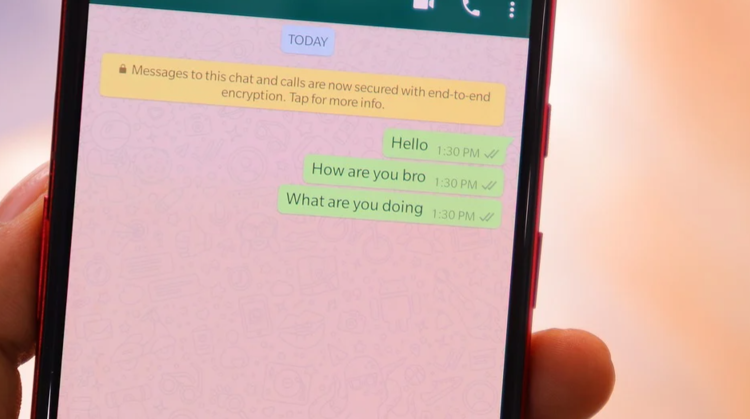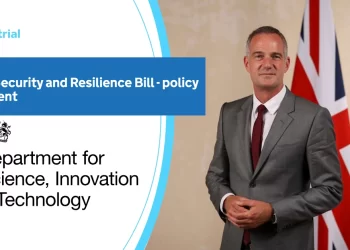
The Indian government in its response to WhatsApp’s lawsuit claiming tracing of encrypted messages violates the right to privacy of citizens highlighted the “international precedence” of such requirements. The government defended itself by saying that the ‘Five Countries’– United Kingdom, United States, Australia, New Zealand and Canada — are also in support of similar IT rules that give power to governments to intercept encrypted communications to protect citizens.
The criticism of such laws is obvious as any mode to intercept encrypted communications gives authorities more control over the online privacy of citizens. And there’s no denying that there’s always a risk that governments may use the same to suppress dissent.
At the same time, we also cannot ignore the fact that it takes less than $10 to buy a virtual phone number of a different country which can be used to activate an account on WhatsApp, Signal or Telegram. And armed with AES-256 encryption, it would make it seemingly difficult for any local law enforcement agency to crack down on the source of…









































